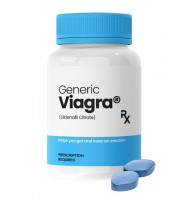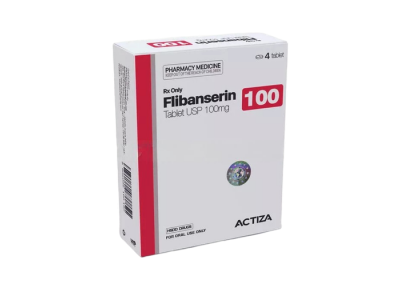Viagra, known generically as sildenafil, is primarily designed to treat erectile dysfunction in men and is not approved for use in women. However, there has been interest in exploring its effects on women, particularly those with sexual arousal disorders. Some studies have shown mixed results, and Viagra is not widely recommended for female sexual dysfunction due to limited evidence of its efficacy and potential side effects.
For women, a drug called Addyi (generic name: flibanserin) is approved by the FDA to treat hypoactive sexual desire disorder (HSDD) in premenopausal women. Addyi works differently from Viagra; it is a non-hormonal pill taken daily and targets neurotransmitters in the brain to help restore balance and improve sexual desire. Specifically, Addyi increases levels of dopamine and norepinephrine, which are associated with sexual excitement, while reducing levels of serotonin, which can inhibit sexual desire.
The effectiveness of Addyi has been a subject of debate. Clinical trials have shown that it can increase the number of satisfying sexual events per month and improve sexual desire scores, but the effects are generally modest. The medication must be taken continuously, and it may take several weeks to see noticeable improvements.
Addyi's safety profile also warrants careful consideration. The drug can cause significant side effects, including low blood pressure, dizziness, and fainting, especially if consumed with alcohol. Due to these risks, the FDA has placed a strong warning against drinking alcohol while taking Addyi. Other common side effects include nausea, fatigue, and insomnia.
Overall, while Addyi offers a treatment option for women with HSDD, its use requires a thorough discussion with a healthcare provider to weigh the potential benefits against the risks and to ensure it is the appropriate treatment choice for the individual's specific condition and medical history.

